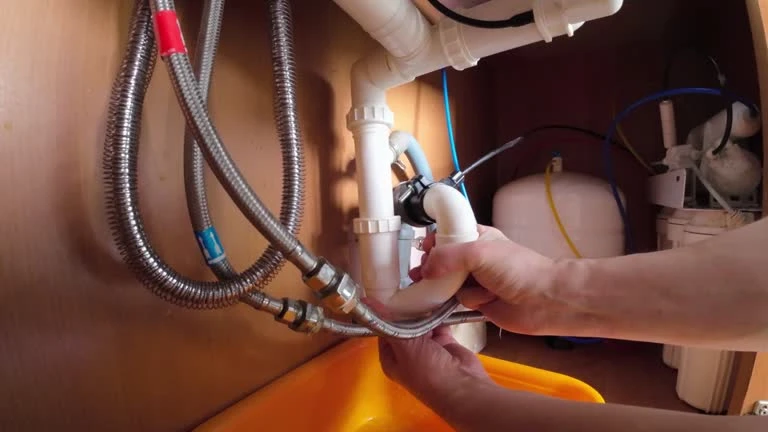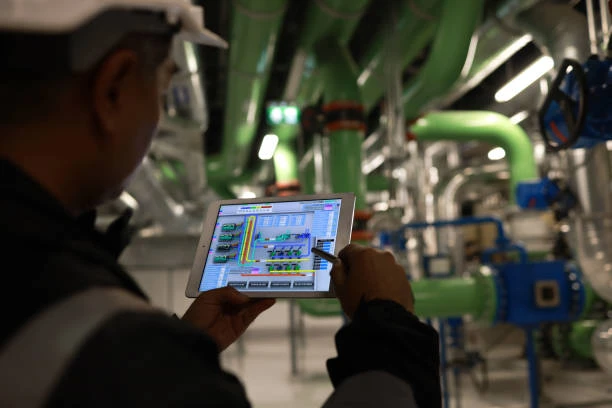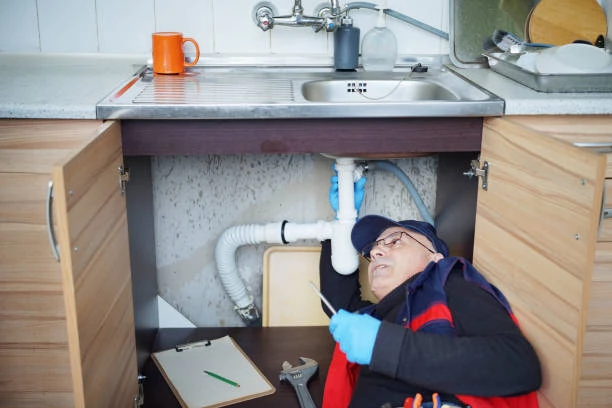Introduction to Standardized Certification
Standardized certification of industrial pipeline fittings is essential for safety and reliability. These certifications ensure that products meet specific industry standards. For example, UPVC pipes and fittings must comply with various regulatory requirements. Certification provides assurance to users about the quality and performance of these products. It also helps industries avoid costly failures and accidents. Understanding the significance of certification can guide companies in making informed purchasing decisions.
Importance of Certification in Industry
Certification serves multiple vital purposes in the industrial sector. First, it guarantees compliance with regulations and safety standards. Certified products, such as UPVC pipes and fittings, undergo rigorous testing to meet these requirements. Second, certification enhances product credibility, instilling confidence in consumers and industry professionals. When companies use certified products, they demonstrate a commitment to quality and safety. Third, standardized certification reduces liability risks. In case of a failure, companies can prove they used certified components, which can be crucial in legal situations.
Overview of UPVC Pipes and Fittings
UPVC pipes and fittings have become popular in various applications. These products offer excellent resistance to corrosion, chemicals, and UV light. Their lightweight nature simplifies installation and handling. For instance, in plumbing systems, UPVC fittings connect pipes efficiently while minimizing leaks. Additionally, UPVC pipes and fittings are cost-effective, making them suitable for both residential and industrial projects. Understanding their characteristics and certifications helps users select the right products for their needs.
Certification Standards for UPVC Products
Various organizations establish certification standards for UPVC pipes and fittings. The American National Standards Institute (ANSI) and the American Society for Testing and Materials (ASTM) provide guidelines for these products. Additionally, organizations like the International Organization for Standardization (ISO) set international standards. Certified UPVC pipes and fittings must meet specific criteria for materials, pressure ratings, and durability. Companies must keep abreast of these standards to ensure compliance and quality in their products.
Testing Procedures for Certification
The certification process involves rigorous testing procedures to evaluate the performance of UPVC pipes and fittings. These tests assess factors such as pressure resistance, temperature tolerance, and durability. For example, UPVC fittings undergo hydrostatic pressure testing to ensure they can withstand operational conditions. Additionally, tests for impact resistance and chemical compatibility confirm their suitability for various applications. These thorough evaluations ensure certified products can perform reliably in real-world situations.
Benefits of Using Certified UPVC Products
Using certified UPVC pipes and fittings provides numerous advantages for industries. First, certified products enhance safety and reduce the likelihood of failures. For example, using certified UPVC fittings ensures secure connections and minimizes leaks. Second, certified products often come with warranties, offering additional assurance to users. This aspect can lead to long-term cost savings through reduced maintenance and replacement needs. Third, certified UPVC fittings can improve operational efficiency. Companies experience fewer disruptions when relying on high-quality, certified products.
Case Studies Highlighting Certification Impact
Numerous case studies illustrate the positive impact of certification on UPVC pipes and fittings. In one instance, a municipal water authority replaced outdated piping systems with certified UPVC products. This change resulted in a significant reduction in water loss and maintenance costs. Another case involved a construction company that adopted certified UPVC fittings for a large project. The outcome was enhanced safety and compliance with regulatory requirements. These examples demonstrate how standardized certification positively influences industry practices.
Future Trends in Certification Standards
The future of certification standards for UPVC pipes and fittings will likely evolve with technological advancements. As industries adopt new materials and designs, certification processes must adapt accordingly. For instance, the rise of smart technology may require new testing methods for UPVC products. Additionally, sustainability will play a crucial role in future standards. Companies may need to demonstrate environmental impact and recyclability. Staying informed about these trends helps businesses remain competitive and compliant in the evolving market.
Conclusion: The Role of Certification in Industry
In conclusion, standardized certification of industrial pipeline fittings, particularly UPVC pipes and fittings, is essential for ensuring safety and reliability. Certified products enhance quality and performance while reducing risks. As industries face increasing pressures to comply with regulations, investing in certified fittings becomes crucial. The commitment to quality and safety leads to long-term success in the industry. By prioritizing standardized certification, companies can optimize their operations and build trust with customers.
IFAN Products international standards
IFAN products strictly adhere to a comprehensive range of international standards, encompassing ISO 15874, EN 15874, ASTM F2389, DIN 8077/8078, GB/T 18742, NBR 15884, ISO 15494, EN ISO 15494, GB/T 19472, NBR 15494, ASTM 2846 (501), DIN 8079/8080 (502), ASTM F441/F441M SCH80 (503), DIN (504), DIN (505), GB/T 18993, AS/NZS 1477, CSA B137.6, NSF/ANSI 14, TIS 17-2532/1131-2535, BS 3505, BS 4346 (801), ASTM D1785 SCH40 (802), ASTM D1785 SCH80 (803), DIN (804), GB (805), GB (806), GB(901), DWV(902), ASTM D2665 (903), along with ASTM D2241, D2665, D2729, and F441/F441M series, ISO 1452, EN ISO 1452, DIN 8061/8062, GB/T 10002, AS/NZS 1477, JIS K6741, CSA B137.3, and other national and industry norms.
Connect
IFAN is a Chinese manufacturer of plastic pipes, fittings and valves with 30 years of experience. If you are interest in IFAN copper fittings, copper valves, plastic pipes and fittings, please contact us. IFAN offers you a variety of standard pipes to meet your specific needs. Click below to learn more about IFAN’s wide range of affordable and cost-effective valve products and piping system related products.
We will reply your email or fax within 24 hours.
You can call us at any time if there is any question on our production.
For more information,pls visit our webside https://waterpipefitting.com/
Pls Mailto: [email protected]
Whatsapp: +86 15088288323














Recent Comments